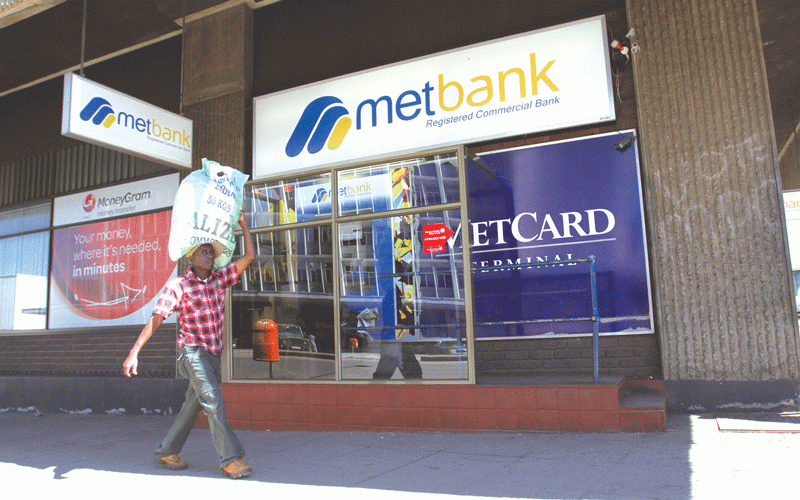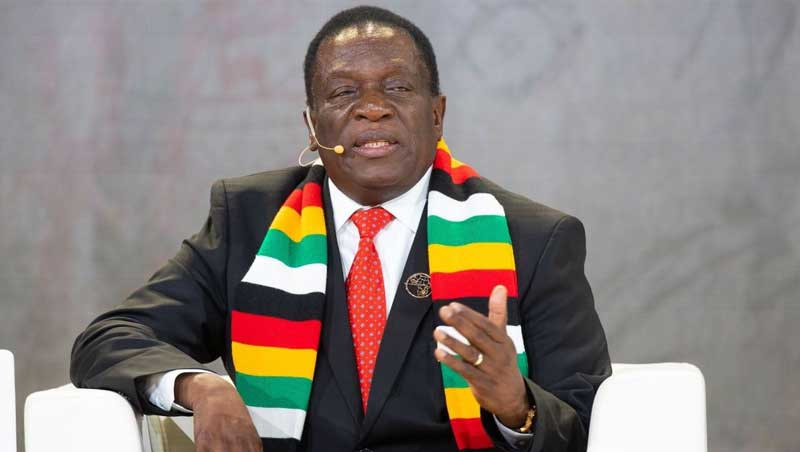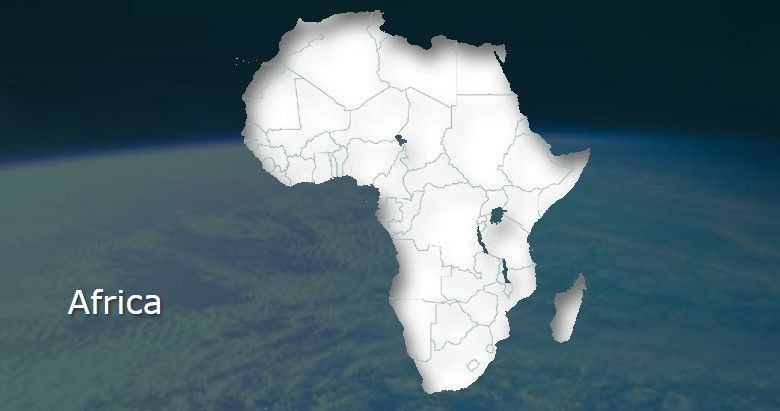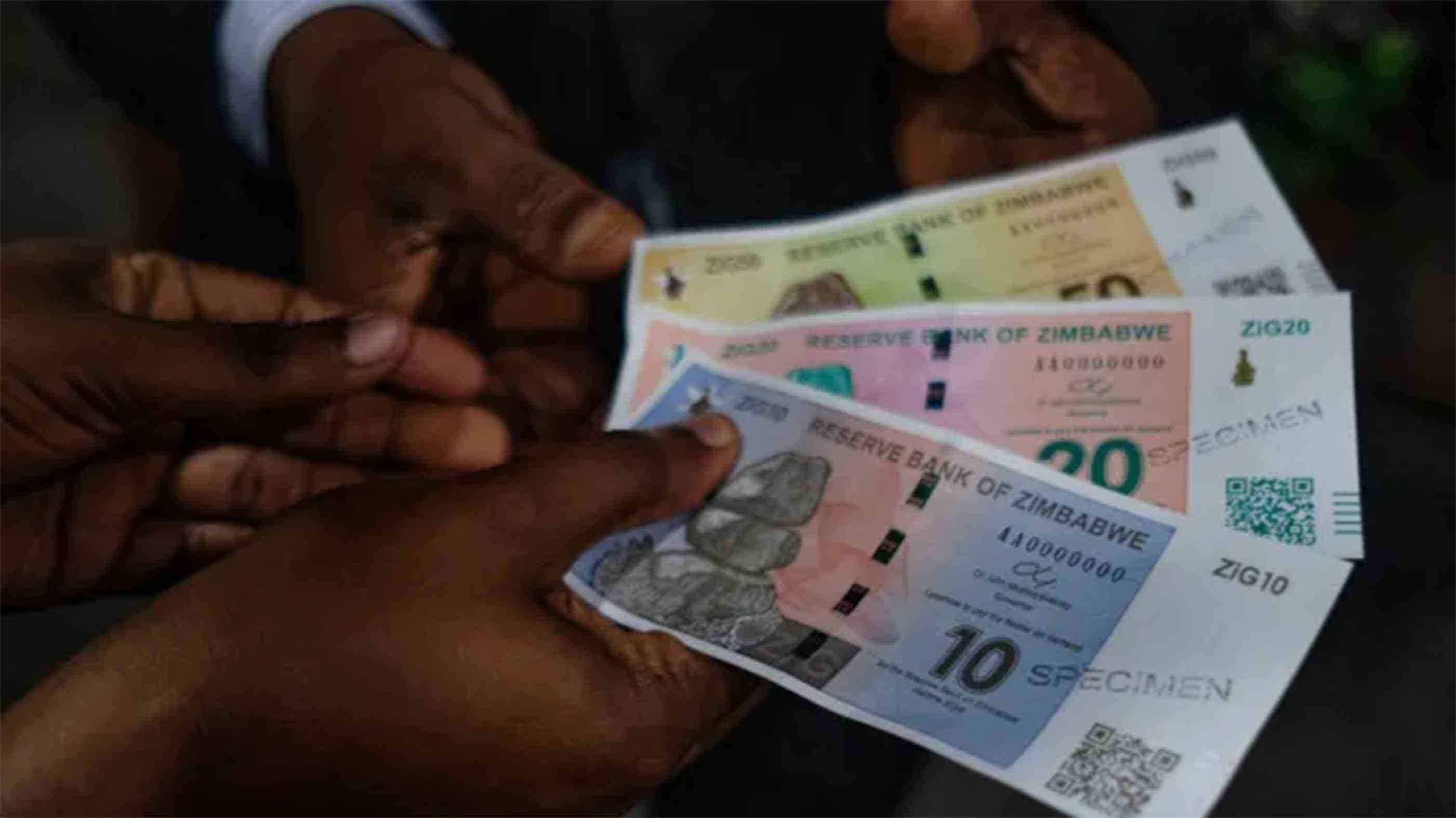
In the past two instalments, I have shared a colleague’s views of how he interprets our situation. Of course his views, candid as they may have been, drew interesting reactions from readers across the political divide. As often common with such views, some readers thought they were inconsistent with the truth, while others thought his assessment was right.
Develop Me by Tapiwa Gomo
Just to summarise his views; he believes that colonialism did not make us poor and we are poor because we have not been able to develop ourselves. Secondly, he believes that both the liberation for independence and the land reform were unnecessary as both had nothing to do with our development.
For people who have grown up to believe that colonisation dispossessed our ancestors of their land and access to other natural resources, it is hard to swallow the argument that the same colonisation has not caused our poverty. But also to effectively counter this argument, we need to first define the extent to which we would have developed in the absence of colonisation.
It is an impossible imagination because based on the books we have read and stories we have been told, colonisation found us with our spirit media, inter-tribal battles, our ruins, rivers, forests, cattle and not to forgetting our bows, arrows and spears. Add these to some minerals gleaned from the surface and a few more ceramic items traded from Asian and Portuguese traders. Neither in the stories told nor the books written did we get the sense of a grand plan to construct roads, clinics, schools, towns or to start farms, mines, or companies like other continental regions had started doing. We never had them.

When we use this assessment, my colleague’s argument holds — that colonisation actually brought to Africa the form of development which we never used to have. And in implementing such development, the colonial system prioritised its own white settler communities which we later translated as racial segregation.
There are few similarities between colonial and post-colonial Zimbabwe. And these are not easy to see because of our historical biases. The colonial system was very clear on its goals and objectives, which were largely to provide raw materials and prop up economies of their home countries in Europe.
To successfully achieve those goals, the system ensured that the lives of those white settlers in Africa were comfortable by providing them with schools, clinics, other services and ensured availability and affordability of basics.
- Chamisa under fire over US$120K donation
- Mavhunga puts DeMbare into Chibuku quarterfinals
- Pension funds bet on Cabora Bassa oilfields
- Councils defy govt fire tender directive
Keep Reading
In case you have heard your parents or grandparents saying life was better before independence that is what they meant. They didn’t have rights, but they had access to basics. Now we have rights and no basics. However, that opulence was part of the holistic approach to empowering their people to deliver on the goals. Everyone was happy except the black majority who felt side-lined by a system even though they were never part of the white settlers’ service plan.
Our lack of development and that we were side-lined by the white-settlers’ development plan triggered the wars of liberation. They were battles for black people’s civil rights to be treated like equal human beings and to access services which were on our land, but that which we never build. The narrative was lost from the onset, as the cause was driven by the desire to access available services and not to build more for our people. The colonial system had built enough to serve its people and that is one of the reasons why access to certain areas and services for black people was denied or restricted. This is not in any way condoning racist policies.
Come 1980, everything became open for everyone and we flooded all those areas that were meant just for few people. We took that to mean freedom and independence and we forgot that a country needed to be built to cater for the needs of the new free people. But there is an additional factor familiar to the colonial period. Access to opportunities became restricted to only those close to the status quo. To access business opportunities, one needed to be aligned to certain political establishment.
Political allegiance became the new currency to segregate against the majority of Zimbabweans. This is similar to the colonial period with the only difference being that it was no longer based on race, but political loyalty. Today, we have an oligarchy that is aligned to the political establishment which has propped it up since signs of its demise started to show. Either way, it is the Zimbabweans who have been short-changed by both the colonial and the post-colonial systems.
In other words, Zimbabweans are yet to taste freedom and development on their own land. They were side-lined during colonial and post-colonial period.
Even as we look into the future, there are no prospects that Zimbabweans will have a better future. There is no solution in sight. Our political landscape is characterised by the same features that have preceded every election. There are more names and splits than brains. Zanu PF has and is still fragmenting, ushering in more names than is traditionally the case.
The MDC is the most reproductive mother of all splits. I have lost count of how many parties have sprouted from the most fertile and yet unprolific political party in the country. Each of those splitter groups has new names and not new brains. Add to the pack the Simba Makoni, Dumiso Dabengwa and Egypt Dzinemunenzva’s projects, among others.
As long as Zimbabwe is yet to create conditions for its development, it is going to continue to manufacture poverty and turning its people into labour for neighbouring countries.
Tapiwa Gomo is a development consultant based in Pretoria, South Africa











